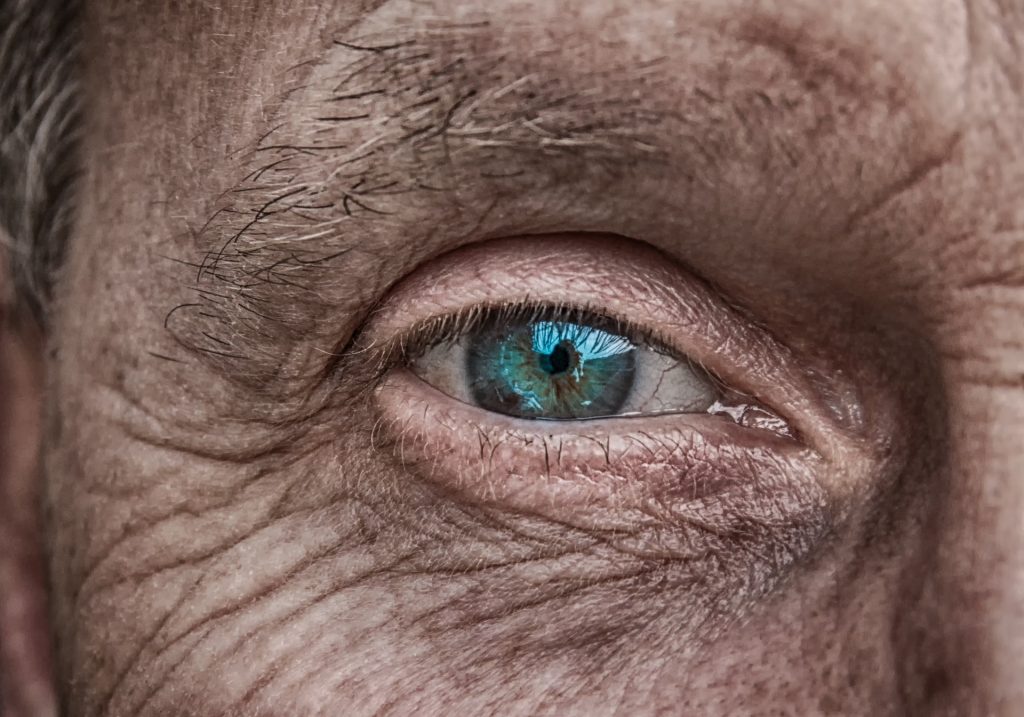Before moving to Turkey, I read Orhan Pamuk’s autobiographical work “Istanbul”, in hopes of getting to know the city in advance. Let me tell you this – one of the biggest mistakes I have ever made! Now, don’t get me wrong. I loved the book, it was indeed fascinating and made me even more excited about Turkey. The way Pamuk depicts Istanbul in his melancholia laden, nostalgic style appealed to me.
It became one of my main goals to experience the feeling of “hüzün”- a state of mind Pamuk describes as a commonly shared feeling of melancholy.
Naturally drawn to melancholic topics, I wanted to find the same inspiration as Turkey’s infamous Nobel Prize winner.
During my search for this condition, I observed that the presence of the melancholic and nostalgic hüzün within Turkish culture and representation is more profound than I had expected. At the same time, the longer I stayed in Istanbul, the black and white picture of a city drowning in gloomy and repressed emotions, which Orhan Pamuk has drawn, crumbles – or rather turns out to be way more colorful.

On the night of my arrival in Turkey, I was taught my first lesson of hüzün: I ordered Rakı in a bar located on one of the backstreets around Beyoğlu. After the barkeeper realized that it was my first encounter with Turkey’s national liquor, he explained to me how to enjoy it appropriately. First of all, I had to drink it slowly with some cheese and fruit. Then, I had to feel the Rakı, feel how it would change my mood, calm me down and make me tranquil. Some dramatic Turkish music in the background, a pack of cigarettes and remaining silent while observing the troubled streets would intensify the experience even more. It took me several glasses to realize that I had actually changed. “That’s it,” I thought, “the spirit of melancholy hides at the bottom of a “kadeh”. Through the blue smoke of cigarettes, it spreads all over the city. The sound of traditional instruments let me drift away. After a couple of more glasses, I was thoroughly drunk and I went to bed. My hangover the next day was nostalgic, too. Nostalgic for the good old times, when I did not have a headache, yet.
On my hunt for melancholic sensations, I followed another trace that Orhan Pamuk had left. Istanbul’s architecture and especially its historical buildings seemed to me as a promising track to follow. I lined up for the Hagia Sophia museum, surrounded by tourists from Russia, Japan and Arab countries. It was a busy day, so I had to wait for almost an hour. As soon as I entered the legendary relic of ancient times; I recognized the spirit of nostalgia. The thick and cooling walls that contained the history of two demised empires, the mosaics, the dome, the calligraphies – these artifacts of melancholy astonished me, but the crowds were almost unbearable. Before another wave of photographing tourists could float me away, I escaped. Back on the streets, I searched for refuge in a kahvehane near Kadırga.
Instead of tourists, I found myself surrounded by old, mustached Turkish men playing tavla, drinking çay and smoking insane amounts of cigarettes. Thick, grey clouds were covering the sun while I was sipping my cup of Turkish coffee. On the opposite side of the street, in front of a decaying wooden house, a stray dog lay on the ground with all his legs stretched. I heard Ibrahim Tatlises singing one of his songs (which all sound the same to me) through the speakers of the radio. “This is it”, it occurred to me again, “this is Istanbul’s notorious hüzün.” Satisfied and touched by the melancholy, I returned to my hostel, had a glass of Rakı and started writing my diary.

Now, a few months later, I am lucky that I could re-adjust my view on the metropolitan along the shores of the Bosphorus. I regret that I came to Turkey with the aim of approving my previously acquired picture of the city, which Orhan Pamuk has drawn on the basis of memories from the sixties and the seventies. That certainly was a major mistake of mine. Therefore, my statement at the beginning of this article must be rendered to “It was one of my biggest mistakes to misinterpret Orhan Pamuk’s work as a complete, finalized vision of a steadily changing city, instead of seeing it as a single contribution to Istanbul’s history, which is re-written 15 million times every day.”
There are still those moments when I feel melancholic, but I realized that they do not appear more frequently than in other cities I lived in. Rakı may make me feel like singing Turkish ballads about broken hearts and unfulfilled love. But, at the same time, I enjoy Rakı while dancing in a meyhane. I find Turkish instruments quite suitable for dance music!
Historical buildings make me think about ancient times, no matter if they are situated in Turkey or France. It is included in the definition of historical sites that they are reminders of long gone times. So, why is it that in Turkey they evoke strong feelings of nostalgia and melancholy? To be honest, I have never heard someone grieving about Ottoman times.

Being old, and furthermore being an old man, may be considered as valid reasons for feeling the spirit of hüzün. Nevertheless, I am glad that Turkish society exists of more than mustached people, although they may be over-represented in the cafes. In my opinion, Turkey in general and Istanbul specifically, has an incredible young population, full of energy and enthusiasm about the future despite all the political or economic obstacles that may exist right now.
All of the young people I have met share a strong love and bond to the city, its cultural life, its endless opportunities, and even its hüzün. As I understood that this is an incorporated element of the identity of the city and its inhabitants, that it is not a contradiction to optimism and happiness, I was once again astonished by this metropolitan, which I will probably never be able to understand. Orhan Pamuk’s novel gave me a first orientation that I had to render shortly after arriving in Istanbul. Re-adjusting my former re-adjustment made me realize that I should rather stop searching for fixed formulas for there are none. Not in Istanbul. Every moment is unique and one day I will chant Turkish pop songs, on the other day I will cry over bygone loved ones – and one night I will do both at the same time.










Yes, Pamuk’s huzun was so evocative. I, too, have been itching to go! Glad for the tips!
This is quite interesting. Hüzün still permeates the city, but one cannot actively seek it. I feel like the active search undoes the mystery of melancholy, and Hüzün. You need to let it come to you organically.